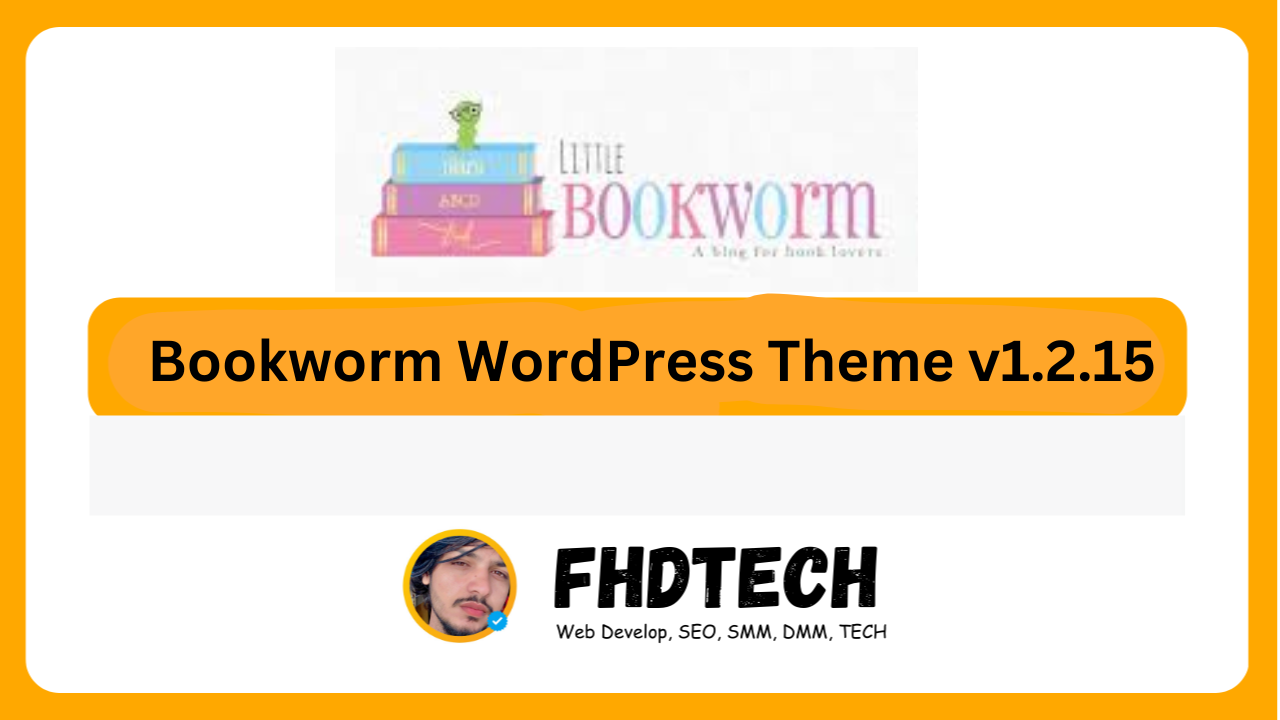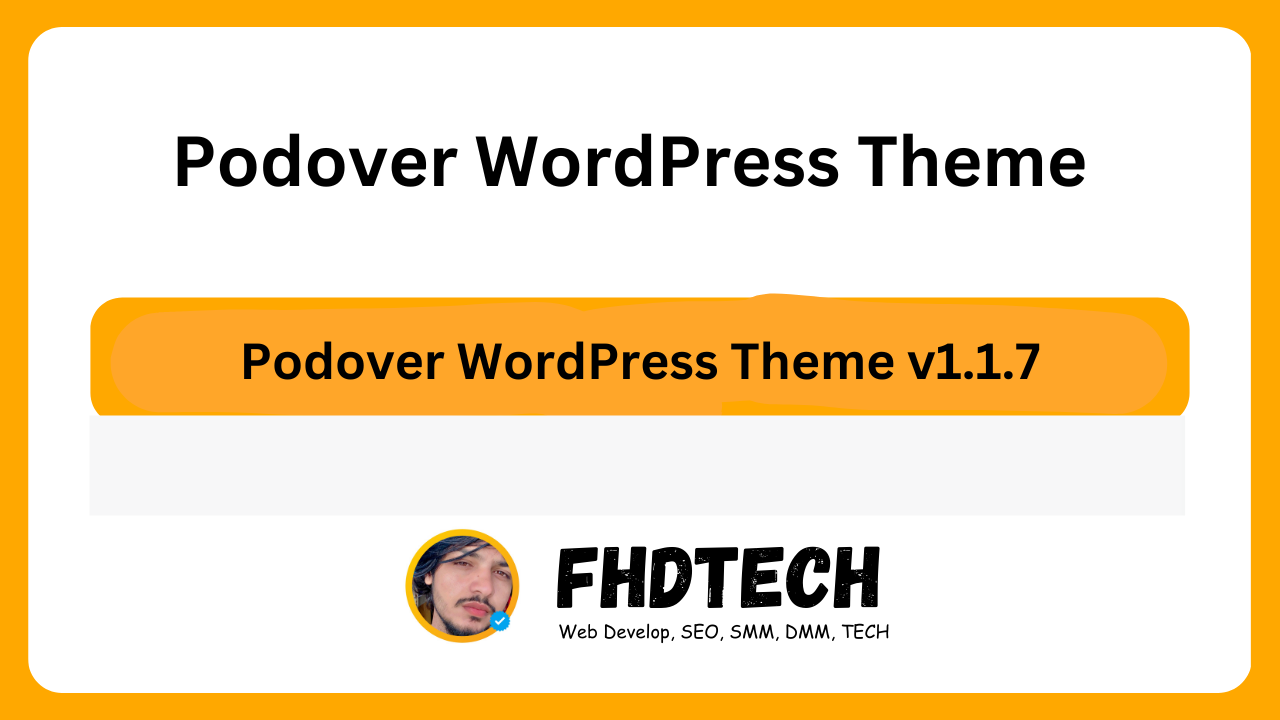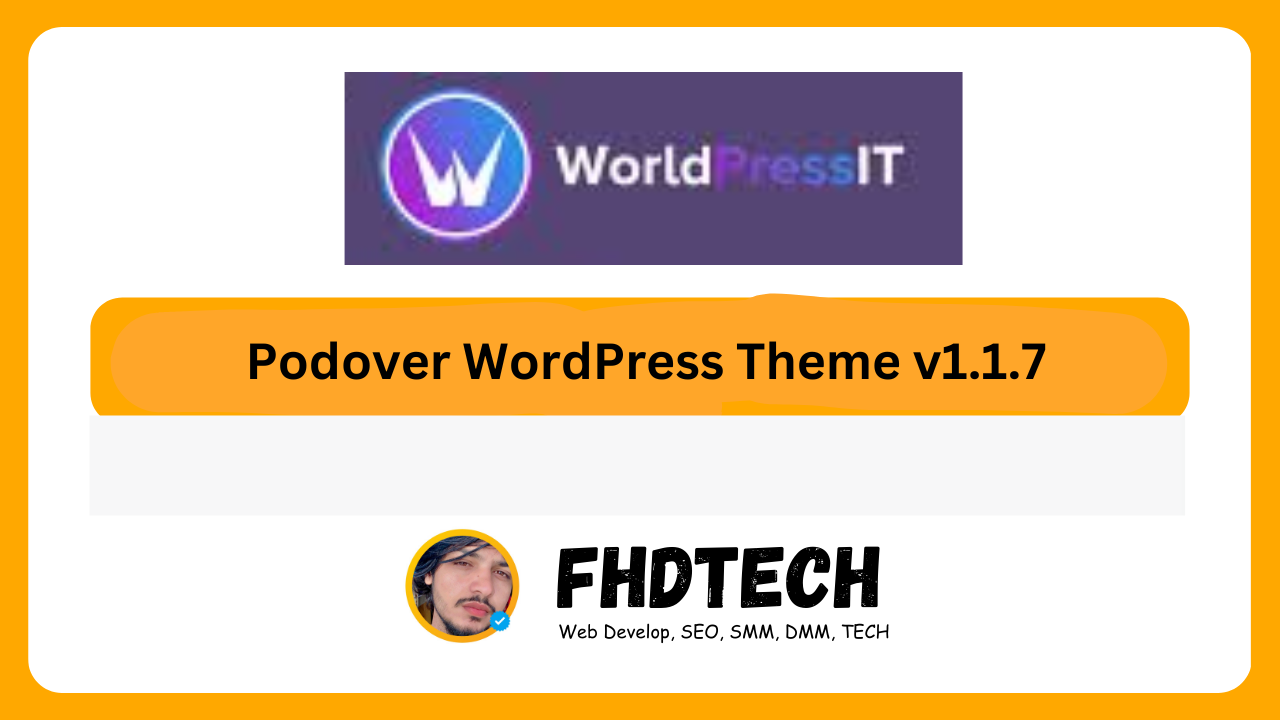Online Accounting Software: Streamlining Financial Management for Small Businesses
Welcome to fhdtech! In today’s digital age, small businesses are leveraging technology to streamline their operations, and financial management is no exception. In this article, we’ll explore the world of online accounting software, its benefits, and how it can revolutionize the way you manage your finances.

Understanding Online Accounting Software
Online accounting software, often referred to as cloud accounting software, is a digital solution designed to simplify financial tasks for small businesses. Unlike traditional manual methods, this software automates various processes, making financial management more efficient and accurate. As a small business owner, embracing such technology can give you a competitive edge and more time to focus on growing your venture.
Key Features to Look For
When choosing an online accounting software, certain features are non-negotiable. Invoicing capabilities, expense tracking, and detailed financial reporting are among the essentials. Imagine creating and sending invoices with just a few clicks, effortlessly tracking your business expenses, and generating insightful financial reports to aid decision-making – all in one platform.
Comparison with Traditional Methods
Comparing online software to traditional bookkeeping methods is like comparing a race car to a horse-drawn carriage. The speed, accuracy, and convenience of online solutions far outweigh the manual approach. Moreover, online software updates automatically to accommodate changing tax regulations, saving you the hassle of poring over tax law revisions.
Top Online Best Accounting Software Providers
Several reputable online accounting software providers cater to small businesses. QuickBooks Online, Xero, and FreshBooks are notable contenders. QuickBooks Online, for instance, offers comprehensive features, from expense tracking to tax preparation, while Xero boasts a user-friendly interface and strong collaboration capabilities. FreshBooks, on the other hand, excels in invoicing and time tracking.
10 Best Online Accounting Software options that can help streamline financial management for your small business:
- QuickBooks Online
-
- Industry leader with comprehensive features.
- Invoicing, expense tracking, and tax preparation.
- Scalable for businesses of all sizes.
- Xero
-
- User-friendly interface and collaboration capabilities.
- Seamless bank reconciliation and real-time financial insights.
- Strong integrations with third-party apps.
- FreshBooks
-
- Specializes in invoicing and time tracking.
- User-friendly for non-accountants.
- Integrates well with e-commerce platforms.
- Zoho Books
-
- An affordable option with robust features.
- Automates recurring expenses and offers multi-currency support.
- Integrates with other Zoho suite applications.
- Wave Financial
-
- Free accounting software with essential features.
- Suitable for freelancers and small businesses.
- Includes invoicing, expense tracking, and basic reporting.
- Sage Business Cloud Accounting
-
- Tailored for small businesses and startups.
- User-friendly interface with strong reporting capabilities.
- Manages invoices, expenses, and cash flow.
- NetSuite
-
- Comprehensive suite for business management.
- Advanced financial features for growing businesses.
- Integrates finance, CRM, and e-commerce capabilities.
- Kashoo
-
- Simplified accounting for small businesses.
- Focus on user-friendly navigation and automation.
- Offers basic invoicing, expense tracking, and reports.
- OneUp
-
- Cloud-based accounting solution with automation.
- Efficiently handles inventory management and e-commerce.
- Suitable for businesses looking to scale.
- ZipBooks
-
- Intuitive software for small businesses.
- Offers time tracking, online invoicing, and expense management.
- Provides insights into business health through financial reporting.
Factors to Consider When Choosing
As you make your decision, consider factors such as scalability, user-friendliness, and customer support. Your chosen software should scale with your business, accommodate users with varying levels of accounting knowledge, and provide reliable customer assistance when needed. Integration with other tools in your business ecosystem is also essential for seamless data flow.
How to Implement Online Accounting Software
Getting started with online accounting software is easier than you might think. Begin by signing up for an account, then follow the platform’s prompts to set up your company profile and connect your bank accounts. Many software options offer import features to bring in existing financial data. Regularly updating and reconciling your data ensures accurate financial records.
Real-Life Benefits and Success Stories
Real-world examples speak volumes about the effectiveness of online accounting software. A small retail business, burdened by manual bookkeeping, switched to an online solution and experienced a 40% reduction in data entry time. Another case saw a consultancy firm eliminate calculation errors by automating its invoicing process. Such success stories underline the tangible advantages of embracing modern technology.
Addressing Common Concerns
Security is a valid concern when it comes to financial data. However, reputable online accounting software providers implement robust security measures, including data encryption and regular backups. Your financial data is likely safer on these platforms than on a local computer vulnerable to hardware failures or theft.
Integration with Business Workflow
Online accounting software doesn’t operate in isolation. It seamlessly integrates with other tools you use daily, such as invoicing and customer relationship management (CRM) systems. This integration eliminates redundant data entry and ensures that your business processes are streamlined and efficient.
Staying Compliant with Taxation
Tax compliance is a headache for many small business owners. Online accounting software takes the guesswork out of tax calculations and reporting. With features like automatic tax calculations and tax-time reports, you can confidently meet your tax obligations while focusing on growing your business.
Future Trends in Online Accounting
The future of online accounting is exciting. Artificial intelligence (AI) is poised to play a more significant role, offering predictive insights and advanced analytics to help you make informed financial decisions. Imagine receiving forecasts on cash flow trends and expense patterns, enabling proactive adjustments to your financial strategies.
Conclusion
In the digital era, embracing technology is no longer a choice but a necessity for small businesses. Online accounting software empowers you to manage your finances with efficiency, accuracy, and confidence. As your business thrives, this tool will grow alongside you, providing valuable insights and simplifying financial tasks. Don’t let manual methods hold you back when the future of financial management is just a few clicks away.
FAQs (Frequently Asked Questions)
- Is online accounting software suitable for freelancers and solopreneurs? Absolutely! Many online accounting software options are tailored to the needs of freelancers and solopreneurs, offering essential features without overwhelming complexity.
- Can I access my financial data on online accounting software from multiple devices? Yes, most online accounting software comes with mobile apps and can be accessed from various devices with an internet connection.
- How secure is my financial data on these platforms? Reputable providers implement robust security measures like data encryption and regular backups, ensuring your financial data’s safety.
- Do online accounting software options include mobile apps? Yes, mobile apps are commonly available, allowing you to manage your finances on the go.
- Is it necessary to have an accounting background to use these tools effectively? Not at all! Many online accounting software options are designed with user-friendliness in mind, catering to users with varying levels of accounting knowledge.













Leave a Comment